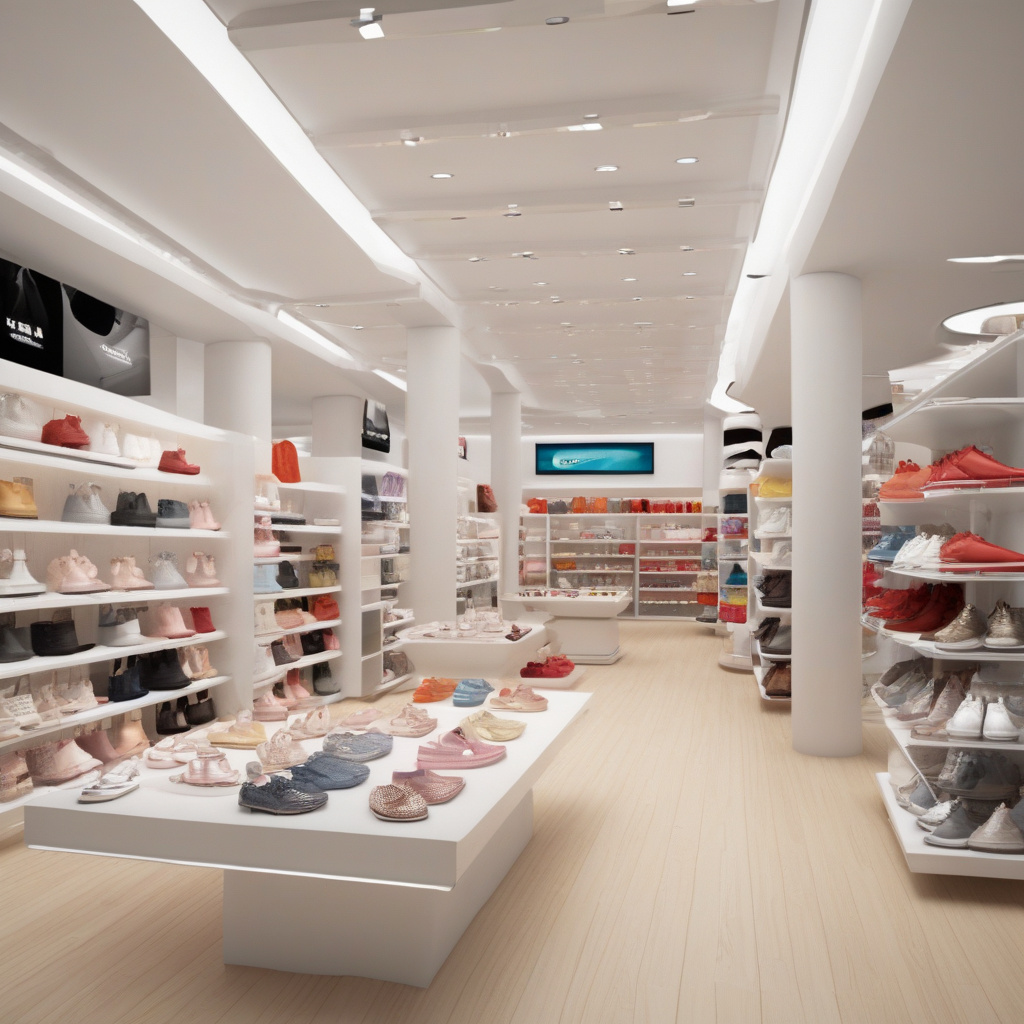Modern Retail x Attest Research: Majority of Shoppers Believe Tariffs Are Harmful but Remain Unmoved in Their Purchasing Patterns
In the complex world of retail, the interplay between consumer sentiment and economic policies can often dictate purchasing behaviors. A recent survey conducted by Modern Retail in collaboration with Attest has shed light on how shoppers perceive tariffs and the surprising apathy that accompanies these perceptions. The findings reveal that while more than half of consumers believe tariffs are detrimental, many are not adjusting their buying habits accordingly.
Understanding the impact of tariffs on consumer behavior is crucial for retailers aiming to navigate the current economic landscape. Tariffs, which are essentially taxes imposed on imported goods, can lead to increased prices for consumers. This economic principle suggests that consumers should react to tariffs by altering their purchasing decisions, yet the survey indicates a paradox. A significant number of respondents acknowledge the harmful effects of tariffs but remain steadfast in their shopping habits.
The survey results show that 55% of participants view tariffs as a negative force in the economy. This perception aligns with broader concerns about rising costs and the potential for job losses in certain sectors. With ongoing discussions in political and economic arenas about trade policies, it is not surprising that consumers are attuned to how tariffs may affect their wallets.
However, the inertia displayed by consumers is noteworthy. Despite acknowledging the harmful nature of tariffs, a whopping 67% of respondents reported that they have not changed their purchasing patterns as a direct result of these tariffs. This contradiction raises important questions about consumer behavior and decision-making processes in the retail sector.
One possible explanation for this trend is the concept of “price inelasticity.” Many consumers may find that they are less sensitive to price changes for certain goods, particularly essential items. For instance, if tariffs lead to higher prices on everyday necessities like groceries or household products, shoppers may feel compelled to continue purchasing these items despite price increases. This behavior can be attributed to a lack of viable alternatives or the necessity of these goods in their daily lives.
Additionally, brand loyalty plays a significant role in consumer purchasing decisions. Many shoppers have established preferences for specific brands, and even in the face of rising prices due to tariffs, they may choose to stick with their favored products. For example, a loyal customer of a particular laundry detergent may not switch to a cheaper alternative simply because of a price increase. This loyalty creates a buffer against the immediate impacts of tariffs, allowing consumers to maintain their purchasing habits even when they recognize the broader economic implications.
Retailers must take note of these insights as they strategize for the future. Understanding that consumers may not change their purchasing behavior despite negative perceptions of tariffs can inform pricing strategies and marketing approaches. Retailers could consider emphasizing the value of their products or enhancing the shopping experience to reinforce brand loyalty.
Moreover, the survey findings signal an opportunity for retailers to engage with their customers on the topic of tariffs and pricing. Transparency about how tariffs affect product costs could foster a deeper connection with consumers. Retailers that openly communicate their challenges and the steps they are taking to mitigate price increases may earn consumer trust and loyalty in return.
As the economic landscape continues to shift, it will be essential for both retailers and consumers to adapt. The relationship between tariffs and consumer behavior is complex, and while the survey indicates a recognition of the harmful effects of tariffs, the lack of immediate action from consumers suggests a deeper reliance on established purchasing patterns.
In conclusion, the Modern Retail and Attest survey provides valuable insights into consumer attitudes toward tariffs and purchasing behavior. While more than half of shoppers recognize the detrimental effects of tariffs, many remain unaffected in their buying choices. Retailers should consider these dynamics as they navigate pricing strategies and customer engagement in a challenging economic environment.
retail, tariffs, consumer behavior, purchasing patterns, brand loyalty
